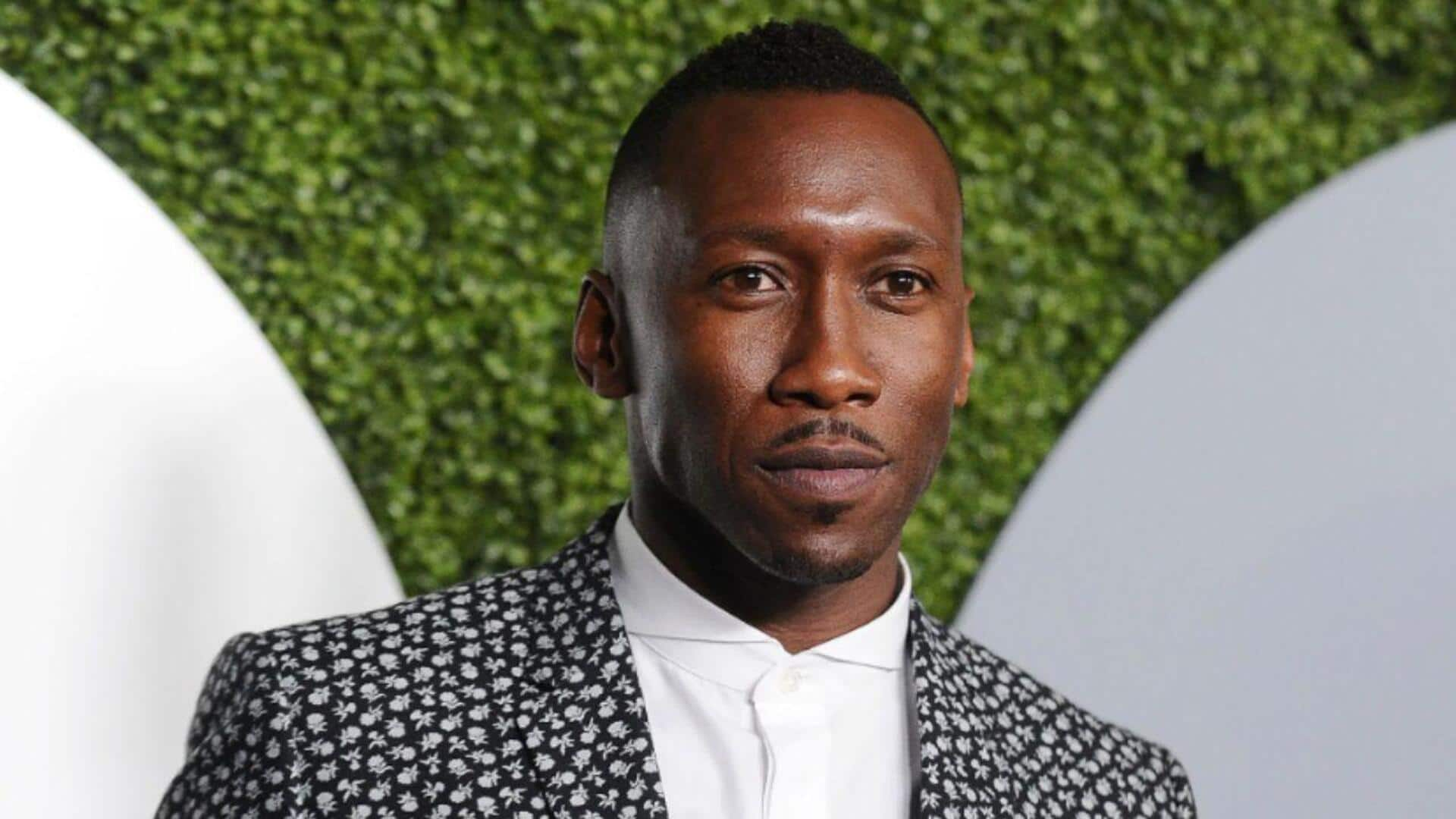
How Mahershala Ali turns complex characters into relatable figures
What's the story
If anyone has cracked the code to make Hollywood pay attention, it has to be Mahershala Ali. The actor, who has been making waves in the industry, is a master at bringing nuance and layers to his characters. With the right amount of intensity and subtlety, the 45-year-old has been able to convince us to believe in any character. Here's how he does it.
#1
'Moonlight' and its impact
In Moonlight, Ali played the role of Juan, a compassionate drug dealer who becomes a father figure to the protagonist. The role earned him an Academy Award for Best Supporting Actor. His portrayal was noted for its emotional depth and authenticity, which brought attention to the nuanced realities faced by marginalized communities. The success of Moonlight highlighted Ali's ability to transform complex characters into relatable figures.
#2
Transitioning from TV to film
Before he became famous in films, Ali had starred in some illustrious television series, such as House of Cards. Moving from TV to film opened doors to more diverse stories and characters for him. The TV experience gave him a solid acting background, which helps him to easily switch between media. This versatility has been important in his career as he continues to accept challenging film roles.
#3
Embracing diverse genres
Ali's appetite for different genres is evident from his work on projects ranging from drama and sci-fi to fantasy. In Green Book, he played Dr. Don Shirley, showing he's got biographical dramas under his belt. On the other hand, his performance as Cornell "Cottonmouth" Stokes in Marvel's Luke Cage proved he can hold his own against action-packed stories without compromising on the character.
#4
Commitment to character development
Ali has always been known to dive deep into character work before the cameras roll. He spends time learning the backstories and motivations of each character he plays—be it cultural or personal—so that he can portray them authentically onscreen without depending only on stereotypes or cliches that are often used for such roles according to industry norms today.